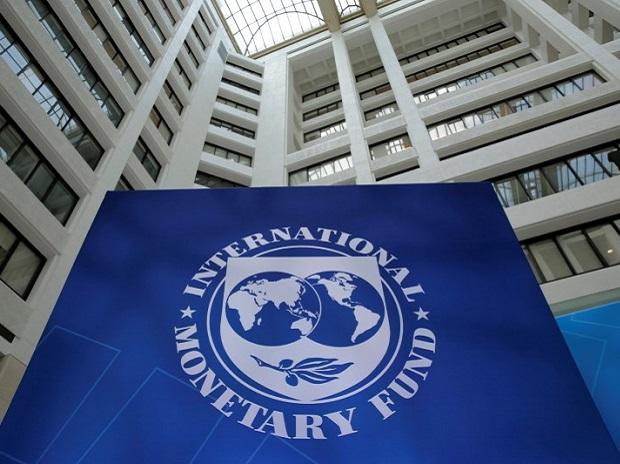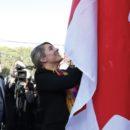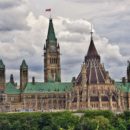International Monetary Fund
(Armradio)- The Executive Board of the International Monetary Fund (IMF) completed the first review under the Republic of Armenia’s performance under the program supported by the Stand-By Arrangement (SBA). The 36-month SBA, with a total access of SDR 180 million (about US$ 248.2 million), equivalent to 139.75 percent of Armenia’s quota in the IMF, was approved by the IMF’s Board on May 17, 2019.
The Armenian authorities continue to view the SBA as a precautionary until the program expires on May 16, 2021, an insurance policy against unforeseen economic shocks that could lead to a balance of payments need.
Following the Executive Board’s discussion today, Mr. Mitsuhiro Furusawa, Deputy Managing Director and Acting Chair issued the following statement:
“Armenia’s economic performance is strong with healthy growth, low inflation, a stable financial system, and improving external and fiscal buffers. Public debt remains on a declining trajectory, with Armenia expected to achieve its medium-term debt objective, several years earlier than expected. This favorable outlook provides an opportunity to accelerate reform efforts in support of more balanced and inclusive growth, declining poverty, and falling unemployment.
“The 2019 fiscal outturn overperformed the budget, reflecting both higher-than-expected revenues and lower-than-expected capital spending. Strengthening the implementation of capital spending, in line with a sound public investment management process, remains a priority. Despite fiscal overperformance, reform momentum should be maintained to improve revenue mobilization, including by completing reforms to property taxation and further strengthening revenue administration. Bolstering the budgetary process would also further safeguard the credibility of the fiscal rule.
“The monetary policy framework’s focus on price stability has served Armenia well. The authorities’ implementation of Basel III measures will raise the resilience of the financial system, while their plans to develop the capital market and improve access to finance are also welcome.
“Implementation of the authorities’ reform agenda will bolster sustainable and inclusive growth. Efforts to improve governance by establishing a holistic anti-corruption framework are ongoing. The authorities also reaffirmed their commitment to protecting the most vulnerable by expanding, and better targeting, their social safety net. Enhanced steps to strengthen human capital and increase female labor force participation are key focal points of the authorities’ longer-term structural agenda.”





